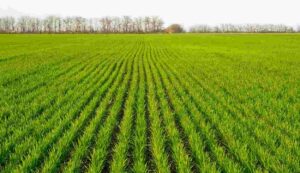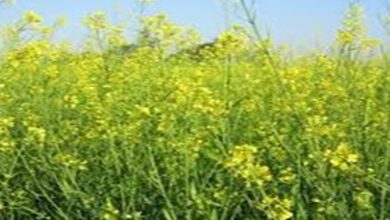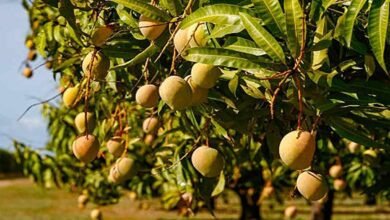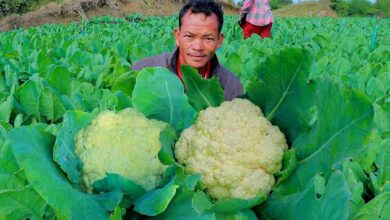Wheat Farming Tips: Farmers should do this work while sowing wheat, the field will be filled with thick ears
Wheat Farming Tips: Madhya Pradesh’s Khargone district is an agricultural area. Every year during the Rabi season, more than 3.5 lakh hectares of land are used for rice cultivation. The greatest area is used by farmers to grow wheat. The Agriculture Department has set a goal to plant wheat on over 2 lakh 20,000 hectares this year as well. However, weeds pose a significant challenge to wheat production, therefore it’s critical to get rid of them as soon as possible.

Weeds are a major issue for the wheat crop, which grows alongside wheat, according to agricultural specialists. Farmers should exercise appropriate control throughout the seeding process to avoid this. Otherwise, weeds eat the nutrients that the crop has access to. They negatively impact output. The farmer thereafter needs to pay more to get rid of the weeds.
Weed-related agricultural damage
Dr. GS Kulmi, senior scientist and head of Khargone Krishi Vigyan Kendra, said that weeds in the wheat crop diminish the amount of nutrients, water, and other necessary resources available to the crop. Because of this, plant development slows down, which in turn lowers productivity. Therefore, it is crucial that farmers use weedicide at the time of planting in order to suppress weeds.
When sowing, apply medication.
According to Dr. Kulmi, farmers should use the weedicide Pendimethalin 30 percent EC while planting. This may significantly reduce the number of weeds. Within a day after planting in the fields, farmers should use 1.5 liters of Pendimethalin medication, which has been dissolved in 200 liters of water.
You may also use Desi techniques.
Meanwhile, those farmer brothers who haven’t finished seeding yet, according to farmer Narayan Patidar. Before planting, the land should be lightly irrigated to help suppress weeds. Next, hand-pull the weeds that have developed. This is a low-cost and efficient option.
Try this as well.
In addition, fields may be sprayed with cooked celery and mustard water. In addition to not harming the wheat crop, this directly affects the development of weeds. Farmers should add crop debris, dried leaves, or straw to the soil to mulch it. This keeps the soil hydrated and prevents weeds from sprouting.





